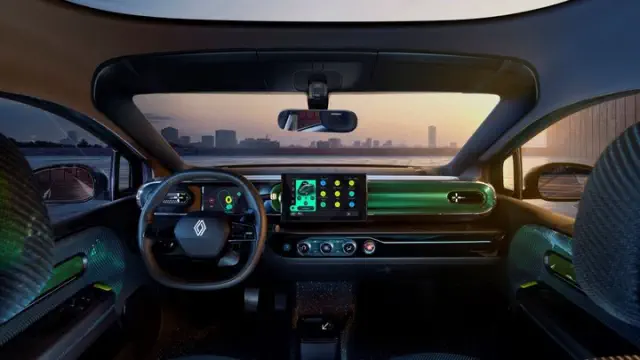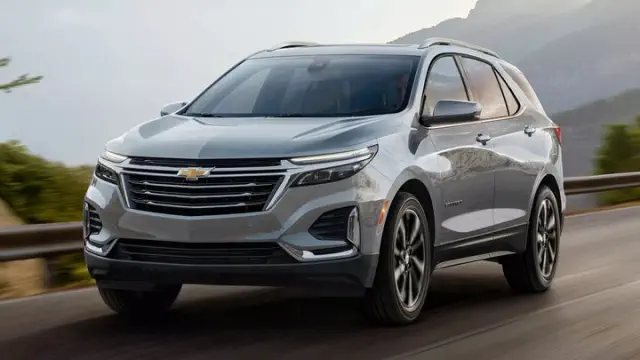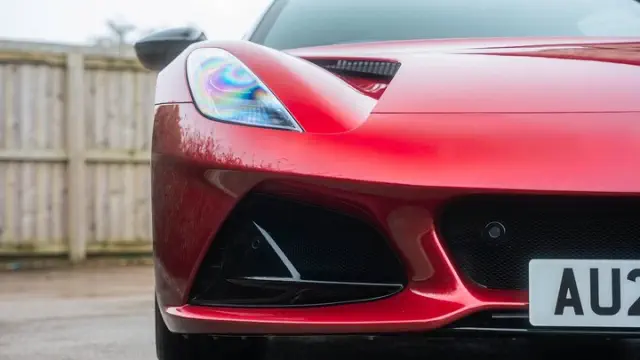Toyota is taking significant strides in the fast-evolving electric vehicle market. Is this Japanese powerhouse adapting to the current trends, or is it at the forefront of innovation? Here’s what you should be aware of.
You probably don't think of Toyota Motor (TM -3.92%) as a maker of electric vehicles (EVs). The Japanese automaker has been a dominant force in traditional gas cars for nearly a century. Toyota was a pioneer in hybrid vehicles, and the Prius is still a big seller after 27 years on the global market.
Toyota's impressive surge in electric vehicle sales
Times are definitely shifting. In 2024, electrified vehicles made up 45% of Toyota's overall sales. While car sales experienced a 4.2% increase last year, EV sales skyrocketed with a remarkable 56% surge. In summary, Toyota continues to be a powerful force in the automotive industry, but it is rapidly transitioning its offerings to electric vehicles.
It's not solely focused on hybrids, whether they come with plug-in charging capabilities or not. Among Toyota's rapidly expanding luxury offerings in 2024 is the Lexus RZ, an all-electric SUV priced from $44,000. Sales for this model surged from 5,386 units in 2023 to 9,697 units in 2024, marking a remarkable 79% increase. On the more accessible market front, the Toyota bZ4X, starting at $37,000, saw its sales nearly double, climbing from 9,329 to 18,570 units.
Although these figures lag significantly behind the highly popular models such as the Toyota RAV4, which saw an 8.5% increase to 475,193 units, and the Camry, which grew by 5.9% to 309,876 units, all-electric vehicles are rapidly closing the gap.
RAV4 and Camry, take note: All-electric Toyotas are gaining ground.
The car market is going electric, and Toyota is embracing the new market with great success. Smaller rival Honda Motor (HMC -3.74%) is planning to merge with Nissan Motor (OTC: NSAN.Y), perhaps including Mitsubishi in a three-part combination of Japanese car marques, largely because they want to catch up with Toyota's hybrid-based leadership.
At the same time, the whole EV market relies on rapid expansion of charging networks. I recently found out first-hand that there's work to do on that front. A recently updated Fool research report shows that my home state of Florida has 3,605 public charging stations and 11,098 ports -- the third-largest port count in the country.
Yet, a short stint with an all-electric rental car taught me that the nearest charging point was nearly a half-hour drive away. Nearby gas stations had a few chargers with Tesla (TSLA 0.35%) supercharging ports, but the Hyundai in my driveway was only equipped with plugs for the ChargePoint (CHPT -1.79%) network.
This is unfortunate for prospective Toyota customers in my part of the Florida swamps (and similar regions). The Lexus RZ and Toyota bZ4X are not compatible with Tesla charging stations; however, the company has partnered with ChargePoint to provide home chargers for buyers of these vehicles. Given the circumstances, it's understandable that standard and plug-in hybrid models are seeing higher sales figures. If your Prius or hybrid Camry is low on battery, a quick visit to the closest gas station can help you continue driving, albeit in a less efficient way.
In the coming decade, we will see a shift towards a better balance between consumer convenience and electric efficiency. The increase to 3,600 charging stations in Florida, up from 2,400 locations and 600 charging ports in 2022, marks a significant advancement. I anticipate that the expansion of universally compatible charging systems will gain momentum.
Toyota is embracing a future powered by electricity.
There are deadlines involved in the evolution from fossil fuels to all-electric vehicles. For example, the U.S. government will not be allowed to add fossil-fuel light duty vehicles to its fleet in 2027 and should phase out all gas and diesel units by the year 2040. As a leading seller of cars and trucks to governments around the world, Toyota can't afford losing that large market to other car makers -- so the Japanese giant is building its own battery factories and planning an all-in approach to EVs in the long run. The future is electric, and Toyota plans to remain a global giant in a very different automotive market.
In the meantime, the company will keep pushing the hybrid solution until charging networks are ready to take the convenience mantle from today's gas stations. Toyota's stock has outperformed all other traditional car makers over the last four years, and for good reason; its reputation for engineering quality is a good match with a careful entry into the EV world.









